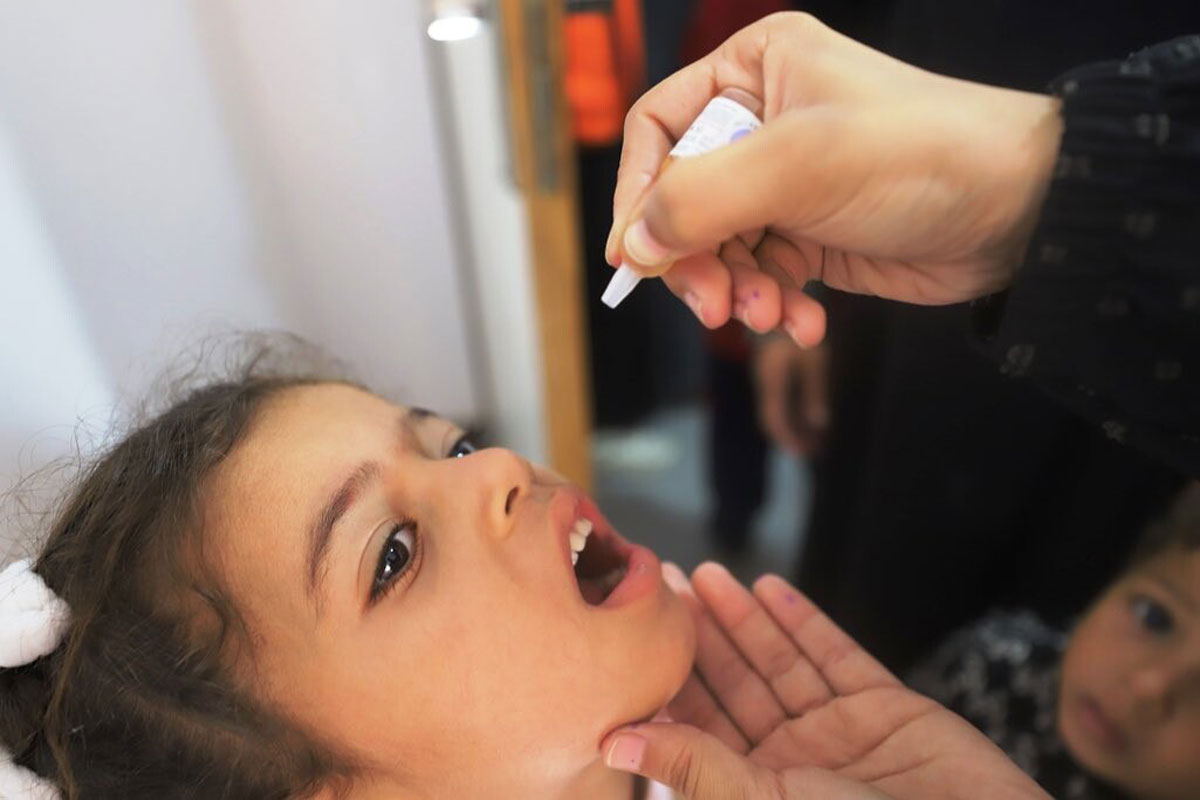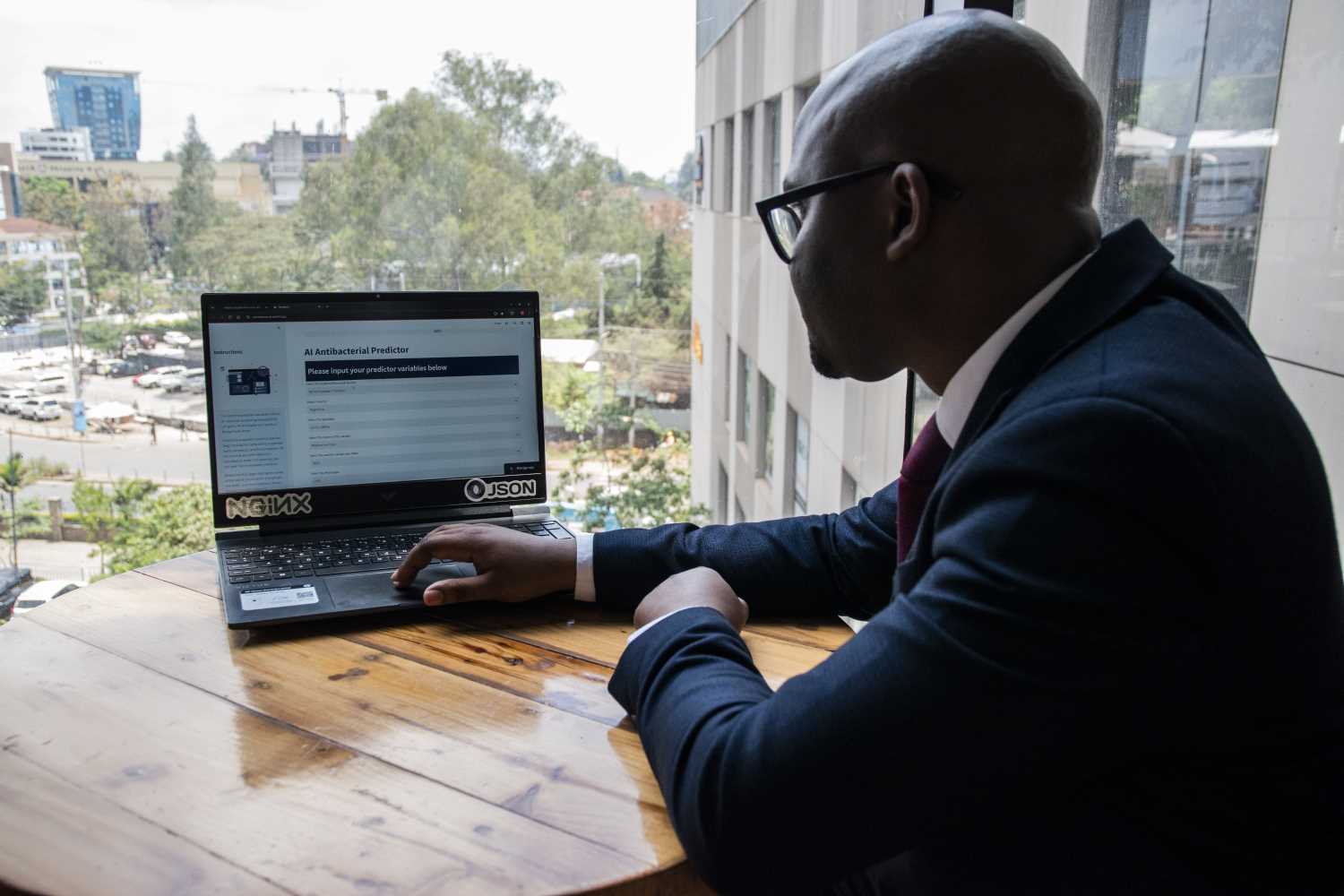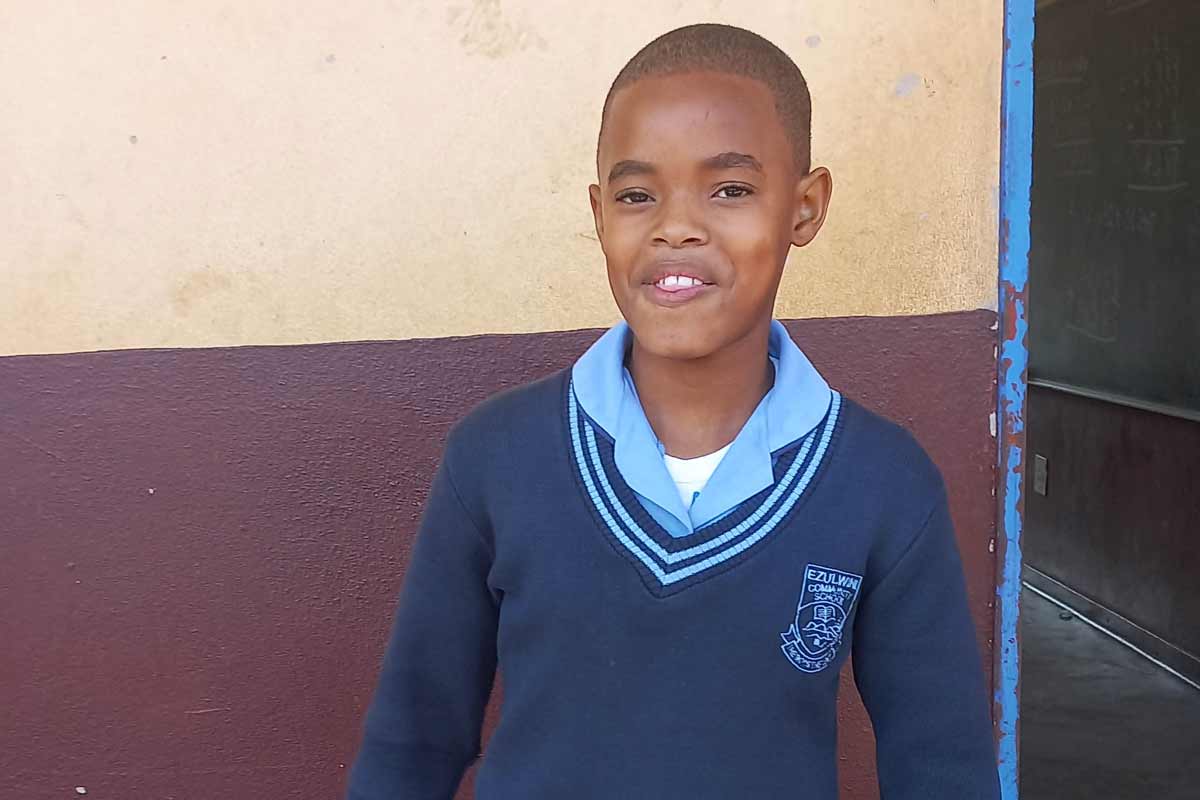The Big Catch Up: Recovering the Gains Made in Africa through Vaccinations
The advent of vaccines has been one of the greatest achievements in modern medicine, argues Dr Jean Kaseya, Director General of Africa CDC
- 1 May 2023
- 4 min read
- by Africa Centres for Disease Control and Prevention (CDC)

The advent of vaccines has been one of the greatest achievements in modern medicine, eradicating and controlling several life-threatening diseases that were once widespread. Routine immunisation systems contribute significantly to Africa's health security and are a vital part of a comprehensive and functional public health system. Vaccination prevents the spread of diseases and reduces the likelihood of outbreaks. Basic routine immunizations protect individuals who are at higher risk, such as children, from contracting serious and sometimes deadly illnesses like measles, polio, and rubella. Over the last decades, vaccines have saved millions of lives, prevented serious illnesses and outbreaks, and reduced healthcare costs.
This year's African Vaccination Week and its theme "The Big Catch Up" comes at a very pivotal moment when the continent and world at large is recovering from the effects of COVID-19 pandemic and forging ahead to regain investments made in health systems. The pandemic put unprecedented pressure on vaccine supply chains, primary healthcare systems, health workforces, and national budgets. In as much as African Member States have made progress towards addressing these challenges, there is a need to intensify these efforts. Thus, the importance of strengthening routine immunization, reaching zero- dose children and achieving vaccine equity cannot be overemphasized. Many of the children who are missing out now live in urban areas, remote communities and populations in conflict settings. The UNICEF and WHO data for 2021 shows that up to 18 million children missed out on vaccinations globally, with Africa accounting for more than 8.4 million. As a main priority, Member States and partners are looking towards integrating COVID-19 vaccination with routine immunization in a way that strengthens the health system.
The COVID-19 pandemic highlighted the need for a new public health order for Africa to cope with the 21st-century public health threats and this has informed the strategic pathway for the Africa Centres for Disease Control and Prevention (Africa CDC). The Africa CDC's New Public Health Order in part seeks to advance local production of vaccines, therapeutics and diagnostics for future pandemic preparedness and response in the continent. There is an urgent need to invest in African healthcare systems as a critical instrument to secure its economic development as it implements flagship projects of Agenda 2063.
Underscoring strong and meaningful partnerships is important, particularly to build resilience and health security across the continent through diversified regional manufacturing. In advancing this vision, the African Union through the Africa CDC, established the Partnerships for African Vaccine Manufacturing (PAVM) in 2021, with the goal to build a sustained African vaccine manufacturing industry that can serve the needs of the continent and beyond. While the spark for this effort comes from the drive to make COVID-19 vaccines available on the continent, it is vital that routine vaccinations, supplemental vaccines and outbreak response vaccines are also manufactured on the continent and that there is a demand to meet supply. PAVM is working with Gavi, the Vaccine Alliance, which currently sources the majority of vaccine supply for the continent, to ensure continental demands are met by African manufacturers in the future. Part of this work is launching mechanisms that create demand certainty and viable business models for African manufacturers while ensuring vaccines are still affordable for the Member States.
Have you read?
Furthermore, the Saving Lives and Livelihoods initiative a partnership between Africa CDC and Mastercard Foundation is accelerating COVID-19 vaccine delivery efforts through the integration of COVID-19 vaccinations into routine vaccination and other primary health care programs. The initiative is implementing the largest vaccination programme in Africa's History with a much stronger focus on reaching the most vulnerable. The main priority is accelerating COVID-19 vaccines to the most vulnerable population in the 100-100-70 approach and administering boosters to priority groups. The first 100 represents the percentage of vulnerable populations including those above 60 years and those with co-morbidities, the second 100 represents the coverage in the percentage of essential workers as well as those in the hospitality industries and 70 coverage of the target population.
Member States are encouraged to strengthen vaccination programs accordingly to avoid losing the gains made by accelerating efforts and making sure none of our children are left behind from the full benefits of getting vaccinated. It is important that we ensure access to essential health services and build resilient health systems that can adequately protect the African population from vaccine-preventable diseases.
We can register good healthcare outcomes if we can reach these communities with routine as well as, COVID-19 vaccines, integrating service provision and supplemental vaccination activities. In accelerating the big catch-up, the call to action is to put a stronger focus on reaching these most vulnerable communities with integrated approaches that deliver multiple services. These interventions are the best use of our resources and are an investment in ensuring all people are protected, health systems are stronger, and more are on the path to health and prosperity.
Written by
Dr Jean Kaseya, Director General, Africa CDC
Website
This article was originally published by Africa CDC on 26 April 2023.
More from Africa Centres for Disease Control and Prevention (CDC)
Recommended for you





